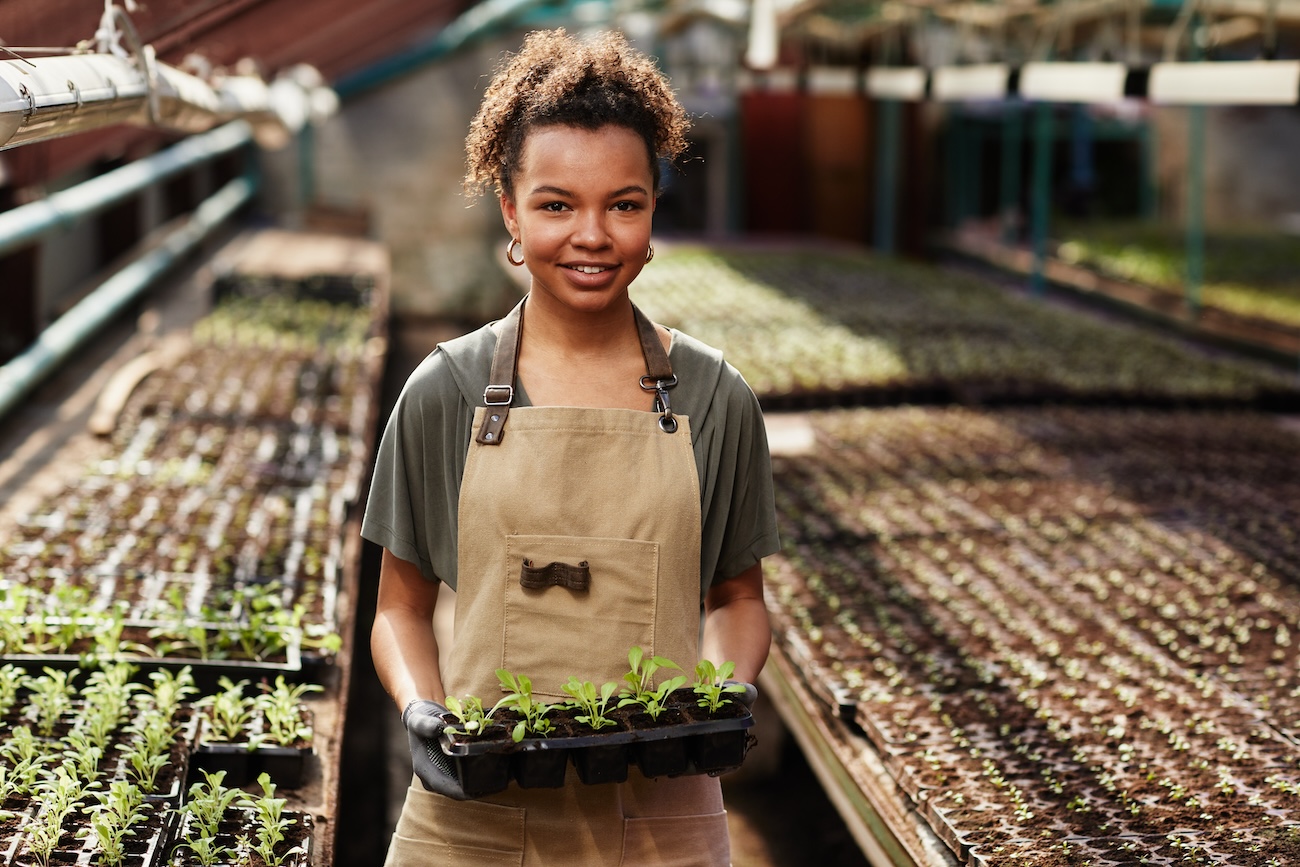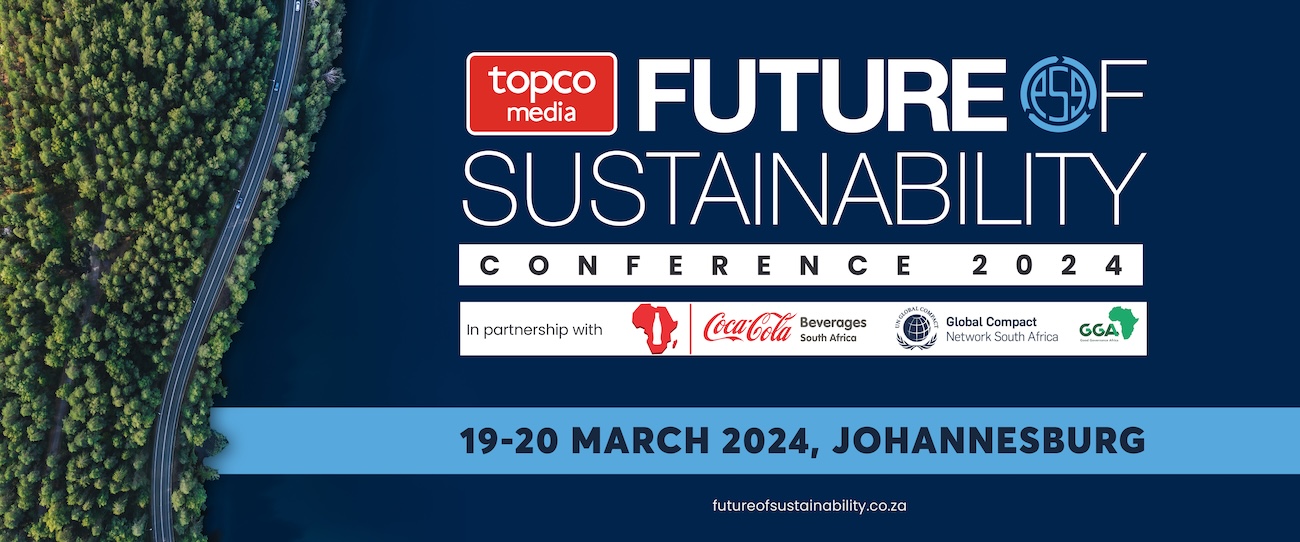The Future is Green: What about the economy?
With the world’s future hanging in the balance, the green economy has never been more important. The path ahead has been charted - it’s up to all of us to join the journey.

By Koketso Mamabolo
One of the main concerns for world leaders is the need for development. Whether it be economic powerhouses such as the United States and the European Union, or developing countries such as South Africa and Brazil, growth is high on many agendas. But this growth cannot go unchecked, and more leaders are committing to not ignoring the impact of this growth on the environment, and doing something to ensure the development of the world’s economy is as sustainable as possible. This is where the concept of a ‘green economy’ comes in.

What is the green economy?
There are a few main features of the economy. Firstly, the green economy has to be low in carbon emissions due to their impact on the environment. A low-carbon economy requires reducing emissions across value chains, from suppliers all the way to retailers. Alternative sources of energy and innovative technology are crucial to ensuring that this becomes a reality.
The second feature of the green economy is the efficient use of resources. The rate at which resources are being used is not sustainable and requires all organisations to think carefully about what they use and how they use it. Manufacturing processes need to be reflected on, alternatives need to be found and creative solutions are going to become even more important as resources continue to dwindle.
Another, easily overlooked feature of the green economy is that it has to be socially inclusive. It’s not enough to be low-carbon and resource-efficient, everyone has to have equal opportunities to participate in the green economy. This will require active efforts to bring more women into the economy, and ensure that developing countries are not left behind as the world shifts towards a more sustainable future.
This human aspect is at the heart of South Africa's thinking around the green economy. In the National Framework for Sustainable Development, published in 2008, the government is clear that its approach is people-first:
“South Africa aspires to be a sustainable, economically prosperous and self-reliant nation state that safeguards its democracy by meeting the fundamental human needs of its people, by managing its limited ecological resources responsibly for current and future generations, and by advancing efficient and effective integrated planning and governance through national, regional and global collaboration.”

Current policies in SA
In 2014, the Council for Scientific and Industrial Research published a reference guide titled “Steering Towards a Green Economy”.
For the green economy to become a reality, the public and private sectors need to play their part. For the private sector, it's about investing in green sectors and driving the push to make other sectors environmentally friendly. The public sector also needs to make significant investments, but where it can have the biggest impact is on policies that create the environment for a green economy to flourish, and the standard to which it should be changed.
The draft Climate Change Bill, which was introduced to the National Assembly in early 2022, is one of the policy elements which can take us even further. Chapter 2 of the Bill acknowledges that the role of stakeholders will define the success of the government’s strategy.
“In order to give effect to the principles and objects set out in this Act, organised labour, civil society and business may advise on the Republic’s climate change response, the mitigation of climate change impacts and adaptation to the effects of climate change towards the attainment of the just transition to a climate resilient and low carbon economy and society,” reads the Bill.

Green Economy Coalition
“An economy in the service of life - one that puts people and the environment first,” is what the Green Economy Coalition - which has 9 national hubs, including one in South Africa - sees as the solution to the problem the world is facing.
“South Africa is showing all the signs of taking on the green growth challenge. Back in 2010, the Department of Environmental Affairs convened a Green Economy Strategy Summit to gather insights on key focus areas for a green economy,” says the Green Economy Coalition.
“In 2011, following a social dialogue with labour groups, civil society and business, the Ministry of [Finance] developed a government-wide Green Economy Accord, an ambitious set of commitments for greening the economy.”
The Green Coalition has partnered with the African Centre for a Green Economy, based in Cape Town and the Trade & Industrial Policy Strategies, which is based in Pretoria, in order to work towards the green economy. The Green Economy Coalition has identified 5 different areas where change needs to take place for the green economy to become a reality:
- Measuring & Governing
- Reforming Financial Systems
- Greening Economic Sectors
- Tackling Inequality
- Valuing Nature
With the world’s future hanging in the balance, the green economy has never been more important. The path ahead has been charted - it’s up to all of us to join the journey.
READ ABOUT THE LATEST PUBLIC SECTOR DEVELOPMENTS IN PSL:


.svg)











